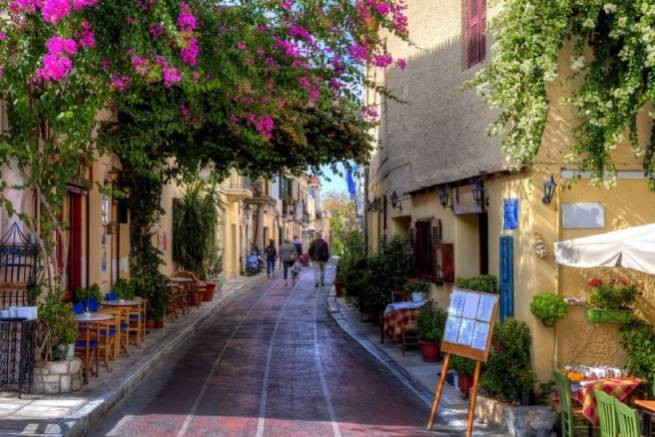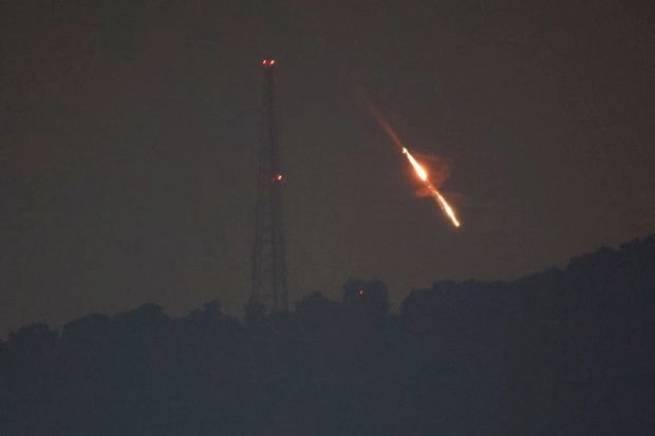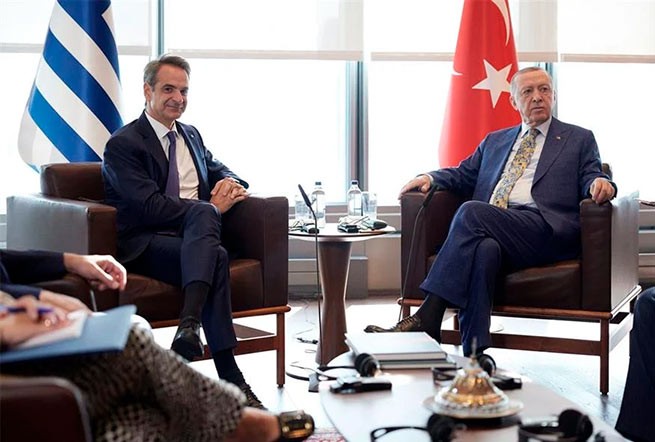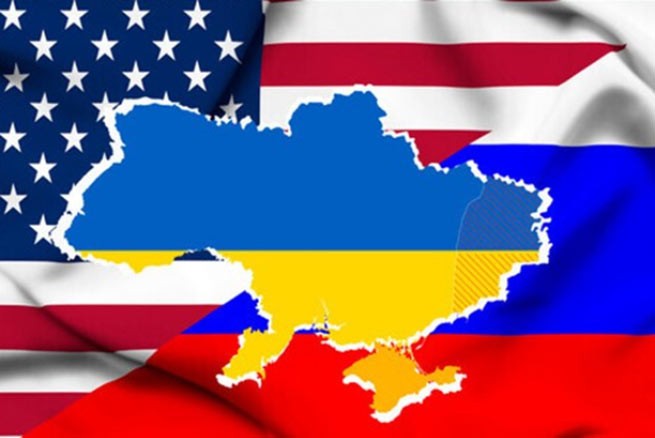The situation for Ukrainian refugees who have taken refuge in Europe from the war is constantly changing, and not always for the better. Other countries stop the issuance of cash benefits, others cancel preferential travel on transport, and others completely stop accepting refugees from Ukraine.
According to the UN, during the period of hostilities in Ukraine, more than eight million people left the country. There are now approximately 5.3 million refugees in Europe, about 4.5 million of them settled in Poland. Initially, the Polish authorities introduced monthly payments in the amount of 1200 złoty (7.3 thousand hryvnia) per person, they were issued within the first two months. Then the financial support was extended for another 2 months, and from July 1, subsidies were canceled. The reason was voiced by Pavel Shefernaker, Vice Minister of the Interior and Government Commissioner for Refugees from Ukraine:
“We are convinced that many people in Poland are able to become independent and adapt. We cannot endlessly transfer these funds to everyone.”
However, the innovations do not apply to families with three or more children, the disabled, pregnant women, and the elderly. They will be able to receive subsidies for another 4 months. Since July, free travel by rail has also been canceled for Ukrainians, even earlier, in June, in public transport. But they still have access to all social benefits – social assistance, medical services, schooling. Kiev resident Olga Sytnik, who fled the war to Warsaw with her little daughter and temporarily lives with friends, says:
“The money is running out, you have to go to work, and with a 2-year-old child it’s hard. Ukrainians are mainly offered vacancies that the Poles themselves don’t go for that kind of money – cleaners, dishwashers, warehouses, harvesting. Salary – 1.5- PLN 2.5 thousand (UAH 12-15 thousand).”
Meanwhile, the owners of Polish apartments, who sheltered Ukrainians, complain about interruptions in payments – the government promised to pay 1,200 zlotys a month.
in the Czech Republic The situation for refugees is also not rosy. The Prague magistrate has closed the registration center since June 15, as the authorities cannot resettle refugees in the city. City Hall says:
“The Czech capital has also exhausted the possibilities associated with the provision of medical care and other types of social support.”
In Bulgaria and even worse – Ukrainians fleeing the war were relocated from hotels to “ghettos” for refugees, consisting of wagons with common facilities, and the amount of daily compensation for food and accommodation was reduced from 40 leva (about 700 hryvnia) to 15 leva (about 230 hryvnia) in a day. The government is confident that these funds should be enough “to pay for accommodation and three meals a day.” Kiril Petkov, Bulgaria’s outgoing prime minister, said the country can no longer provide “luxury” hotel accommodation for Ukrainian refugees.
And even Britannia turned out to be not quite ready to receive Ukrainian refugees, the newspaper writes “Country” with reference to Politico. The authorities were going to accept hundreds of thousands of migrants, but subsequently issued far fewer visas. At the same time, mostly Ukrainians who have close relatives in Britain. The rest had to first find a “sponsor” ready to give them shelter. Increasingly, there are reports in the media that the families that provided Ukrainians with housing are evicting them due to misunderstandings and conflicts. Politico notes:
“The migration crisis has shown London’s unpreparedness for such a situation.”
Since July 13, the super sponsorship scheme in Scotland has been suspended, following the example of Wales (regions of Britain). The Scottish government, after 3 months of accepting refugees, announced that they had nowhere to settle. The Scots were going to take in 3,000 Ukrainians, providing them with accommodation in hotels and social housing. But twice as many refugees arrived, and the number of applications exceeded 20 thousand, and … Edinburgh announced a “pause” in the program. Some of those who have already arrived want to be placed on the ship Victoria I of the Estonian shipping company, but there are only 739 places. At the same time, the Telegraph notes, the area of the cabins where refugees will live is smaller than prison cells in Scotland:
“The rooms are designed to accommodate up to four people, that is, at full occupancy, one person will have 21 square feet (about two square meters). While according to the rules in common cells in Scottish prisons, each prisoner must have at least 48 square feet (4.4 square meters).”
The main problem is the settlement of refugees in Belgium. Many apartment owners are going on vacation and are asking Ukrainians to leave their homes for this time. It’s not easy to rent a house on your own. Belgian landlords do not want to rent apartments to Ukrainians, since their temporary protection status is valid until March 2023, while in Belgium they usually sign a contract for a longer period – from three years.
Some refugees have settled in special camps where people live for months without being able to register. There are about 8,000 Ukrainians in Brussels, says government coordinator for Ukraine Pierre Verberin: “The main issue is housing.” The authorities even plan to convert some offices into apartments for refugees.
An equally important problem in this situation was the growth of utility bills. In Germany, for example, they tightly control the consumption of energy carriers, trying to minimize the consumption of electricity and gas, Spiegel writes, citing data from the Federal Association of Energy and Water Industries (BDEW). Naturally, the owners of apartments themselves save money and ask the same from the refugees living there. The publication notes:
“The decline in May was particularly clear: consumption here was more than a third lower compared to May 2021. Calls for energy savings or personally motivated savings effects play a role.”
If many European countries reduce the allowance for Ukrainian refugees and even cancel it, then in Germany, on the contrary, since June 1, payments have been increased – now they receive an amount equivalent to unemployment benefits for Germans. Singles for 449 euros, spouses – 404 euros for each, the German authorities allocate from 285 to 360 euros for a child.
France accepted more than 100 thousand refugees from Ukraine. Josef Ziemet, head of the Inter-Agency Refugee Crisis Unit, told Le Monde:
“We have crossed the threshold of 100,000 Ukrainians who were accepted in France. At first, we were a transit country, in particular to Spain, which opened its labor market for Ukrainians a few years ago, while in France before the war there were only 19,000 Ukrainians on the territory. We continue to receive about 300 people a week, especially from Italy, 13,000 people have been settled in apartments, 11,000 in dormitories, hostels, recreation centers.”
in Italy somewhat “cooled off” to the Ukrainian refugees. Journalist and blogger Nelly Werner, who now lives there, wrote on Facebook:
“I have long noticed that in Italy few people understand and sympathize with the Ukrainians, our fears, stresses, terrible stories are of no interest to anyone. The attitude of the locals towards us in the majority (there is an exception, but a little), as to non-tourists. Where there is no diaspora, support “It’s kapets how uncomfortable psychologically. A friend said that there were studies, and among Europeans, Italians have the worst attitude towards Ukrainian temporary migrants, and Poles are the best.”
The Italian government pays Ukrainian refugees 300 euros per month, but the term is limited – a maximum of three months. For each child – 150 euros per month.
In short, Europe is beginning to experience war weariness in Ukraine and would prefer Kyiv to negotiate with Moscow for the sake of peace. Berlin-based journalist Natascha Fiebrig wrote on Facebook:
“Recently I had the misfortune to run into a German Social Democrat, a man of very respectable age, a former high official, who attacked me with accusations that it was the Ukrainians who started the war, that we are to blame for the deaths, that “you are dragging the Germans into the abyss” and ” make an acceptable offer to Russia at last.” Probably this dude would have welcomed the mass act of self-immolation by Ukrainians to please Putin and, as it turns out, some of his still loyal German friends.
As our publication reported, on Tuesday, the memorial in Oranienburg pointed to a fake post on social networks, which has been actively spreading on the Internet for a week. The disinformative message says that the administration of the Sachsenhausen museum complex decided to help the Ukrainian people: “We are ready to accept refugees arriving in Berlin. We have comfortable rooms in a purpose-built temporary hotel on the territory of the museum complex.” Horst Seeferens, a spokesman for the museum complex, denied the information and called it part of a “digital disinformation campaign, usually originating in Russia.”







More Stories
Children of a Ukrainian refugee were molested by a pedophile
Large-scale reform of EU migration legislation approved by the European Parliament
Migrants in Chios: three girls aged 5, 7 and 10 died